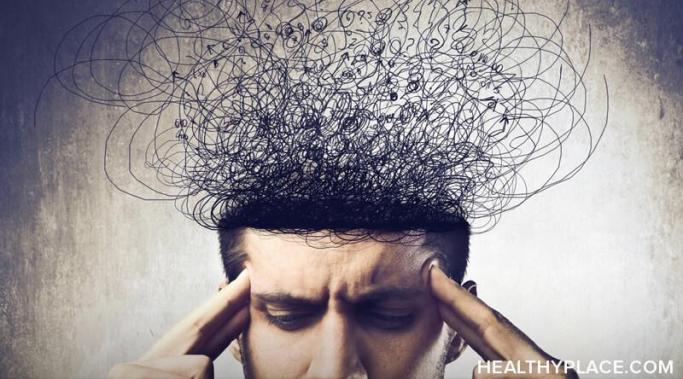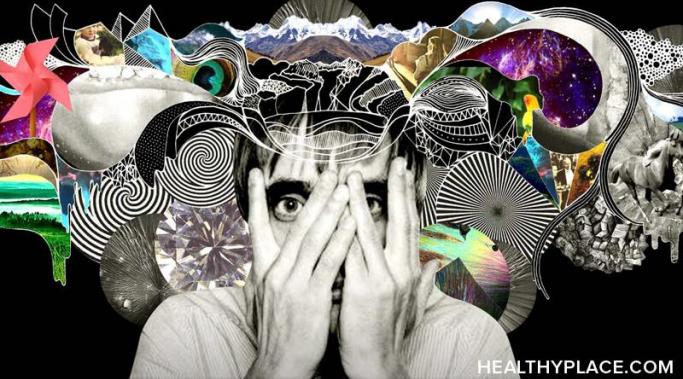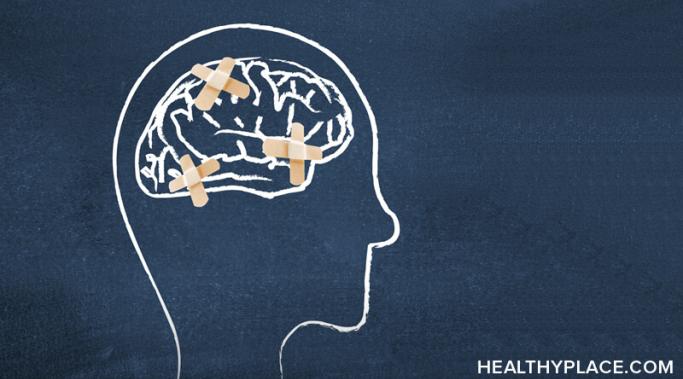Recently, a report by the U.S. Preventive Services Task Force recommended that every adult under 65 be screened for anxiety by their primary care doctors (family doctors). When I first saw the headline, my initial response was, "Well, that's stupid. You go to the doctor when you're sick, and people know when they're sick." But, upon second thought, I realized this was wrong. Screening for anxiety in general doctor's appointments does make sense.
Breaking Bipolar
Today is World Suicide Prevention Day, and so the question arises: no matter what we do, can we prevent all suicides? I think even the most ardent suicide-prevention groups would admit that we can't prevent all suicides. There are many reasons for this, including the fact that people often decide to end their life mere moments before they do it, and it's hard to get to those people in those moments. Nonetheless, can we still chip away at the number of suicides? Can we really prevent most suicides? (Note: This post contains a trigger warning.)
I can't stop crying. It's because of personal loss and depression; I know this. But it seems that all the knowledge in the world doesn't help. It seems like I just manage to right the ship, and then I find myself in a pool of brackish water again. Not everyone with depression reacts this way, but I cry far more than my fair share. No matter what I do, I just can't stop crying.
Your thoughts aren't real. I know that might sound false, but understanding both parts of that sentence is critical to dealing with bipolar disorder. I have to remember that sentence every day in order to get me through. But recognizing that my thoughts aren't real or permanent does help, and I believe it can help you too.
I had a discussion with my friend once about brain fog, and I said brain fog wasn't a real symptom of depression; it was just sort of a layperson's description of cognitive difficulties. Brain fog itself wasn't exactly real, per se; I said I wasn't exactly wrong about that, but I wasn't exactly right either. Brain fog is not exactly a medical descriptor, but I identify with it as a part of my illness(es). I can now attest to the fact that brain fog is real.
Recently a friend ruined my mental health. Well, a friend combined with preexisting bipolar disorder, ruined my mental health. I don't believe in blaming people for mental health problems, per se; but, sometimes people do things that are so damaging, a change in mental health really is pretty much their fault. So, what do you do when a friend ruins your mental health?
Many days I suffer from what feels like an endless urge to cry. I wake up, and the first thing I may have is an urge to cry. I make coffee -- same thing. I sit down to work, and the urge is still here. You'll note that, at this point, nothing has happened in my day to cause this; I simply have an undeniable urge to cry.
I can't stop insulting myself. I'm depressed, and that's one of the things that I do when I'm depressed. The insults I say at myself are unbelievably harsh and things I would never say to anyone else. But even though I know that it's the depression, and even though I know that it's negative and harmful, I just can't stop insulting myself.
Distraction from bipolar symptoms is something I rely on as a coping skill. In fact, it's pretty much an everyday coping skill for me. Bipolar symptom distraction may sound overly simplistic, and sometimes it is (although, not always), but sometimes the simple things just work.
If you have bipolar disorder, do you have a broken brain? This depends on a lot of things, such as your definition of "brain" and "broken." I feel that I have a broken brain with bipolar disorder, and, more importantly, I find that perspective very helpful in battling bipolar disorder.









